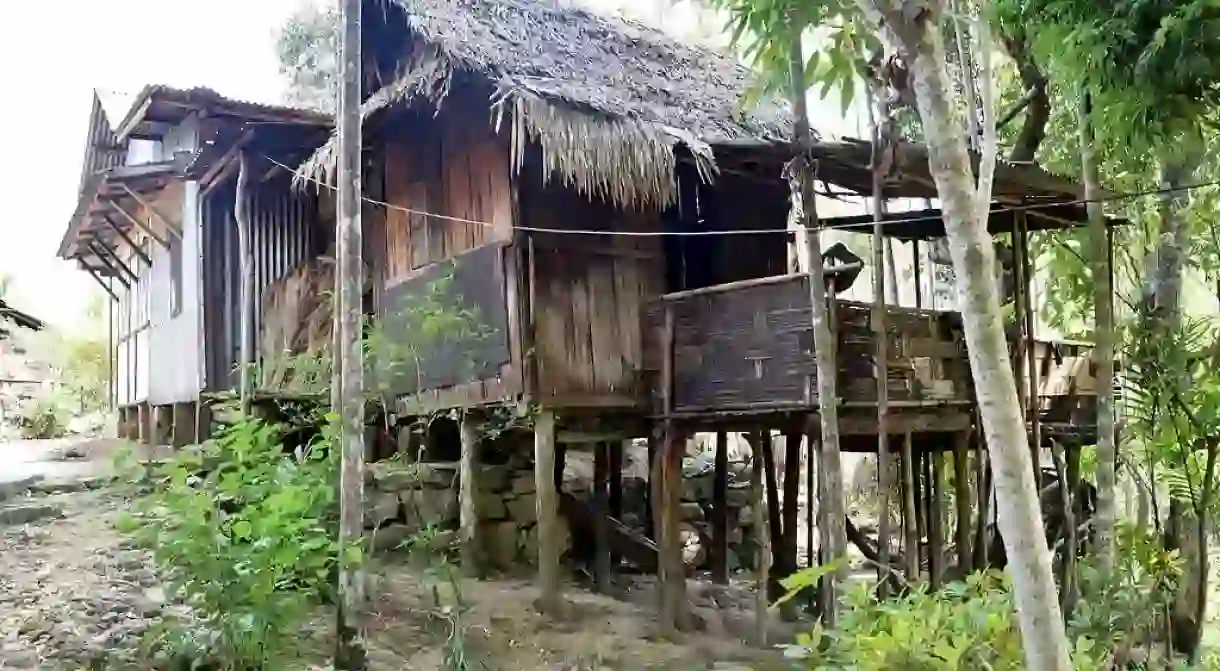Mawlynnong, India: What Asia's Cleanest Village Looks Like

Home to fewer than 100 families, Mawlynnong is among several eco villages located not too far from India’s forested border with Bangladesh. However, what sets this small, leafy village apart from its neighbors is its reputation as Asia’s cleanest village.
Also known as God’s Own Garden, Mawlynnong is located about just 90 kilometers from Shillong in the state of Meghalaya. Nestled deep within the East Khasi hills, the village is home to just 500 residents, or 90 households as of 2015. In fact, prior to being declared Asia’s cleanest village by Discover India magazine in 2003, the village remained mostly off the path of tourists visiting the area.

Along with a ban on smoking, Mawlynnong also strictly prohibits the use of plastic. Bamboo dustbins are placed on every street, and all waste-disposal is environment-friendly. Spotless paths of cobblestone are lined greenery, and thatched roof houses all maintain bushes of orchids and other flowers in their courtyards.
Mawlynnong’s cleanliness is entirely the result of community-based efforts. All residents are mandated to help with cleaning up the village – which they do collectively every morning and evening. Each household is encouraged to partake in a range of eco-friendly practices from reusing waste as compost, to harvesting rainwater. Littering is not just penalized but also looked down upon as a social taboo.

It isn’t just its community-based cleanliness efforts that this village is known for. With a near 100% literacy rate and matrilineal traditions that have lessened gender disparities, Mawlynnong serves as a role model for communities across the globe in multiple ways.
Mawlynnong also happens to be just a 10 minute drive away from the amazing Riwai Bridge – one of Meghalaya’s best known living root bridges. Home to some of the wettest places on earth – based on quantity of rainfall received – such as Cherrapunji and Mawsynram, the East Khasi Hills are rich with streams and rivers which pose challenges to local inhabitants. The natural and sustainable solution founded by the locals was to use the thick, living roots of rubber trees knotted with one another and then tagged to trunks of betel nut trees as bridges.

The village also happens to be home to one of the oldest churches in Meghalaya, the 100-year-old Church of the Epiphany. This Anglican Church built in 1902 stands with gothic spires amidst dense trees and bushes bearing orange flowers.













